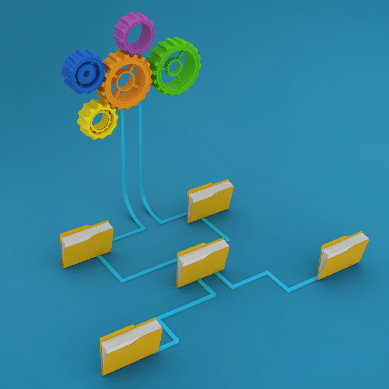1 Answers
HIPAA consists of three key rules crucial for safeguarding the privacy and security of protected health information (PHI) in the healthcare industry. The three primary parts of HIPAA are as follows:
HIPAA Privacy Rule:
- Significance: The Privacy Rule establishes national standards for protecting individuals’ medical records and other personal health information. It defines the rights of patients regarding their health information and outlines obligations for healthcare providers and other entities handling PHI.
- Necessity: The Privacy Rule is essential for maintaining patient confidentiality and ensuring that individuals have control over their health information. It promotes trust between patients and healthcare providers, encourages the sharing of information for necessary healthcare purposes, and establishes clear guidelines on how PHI should be handled.
- HIPAA Privacy Rule Exception: The Privacy Rule does not extend its protection to individually identifiable health information that is stored or managed by entities beyond covered entities or business associates. These entities, which operate on behalf of the covered entity, are responsible for creating, using, or receiving such information.
HIPAA Security Rule:
- Significance: HIPAA’s Security Rule protects electronic PHI (ePHI). It establishes safeguards that covered entities and their business associates must implement to ensure the confidentiality, integrity, and availability of ePHI.
- Necessity: As healthcare information increasingly transitions to electronic formats, the Security Rule is critical for safeguarding sensitive patient data from unauthorized access, breaches, and cyber threats. It helps prevent data breaches, ensuring that healthcare organizations have robust security measures in place to protect electronic health records and related systems.
HIPAA Breach Notification Rule:
- Significance: The Breach Notification Rule requires covered entities and business associates to notify affected individuals, the Department of Health and Human Services (HHS), and, in some cases, the media, in the event of a breach of unsecured PHI.
- Necessity: This rule is necessary for ensuring transparency and accountability in the event of a data breach. It allows individuals to take necessary steps to protect themselves if their PHI is compromised. Prompt notification also enables regulatory authorities to assess the scope of the breach and take appropriate actions.
Why These Rules Are Necessary:
- Protection of Patient Privacy: Patients have a right to privacy concerning their health information. The HIPAA Privacy and Security Rule ensures that healthcare organizations respect and protect this privacy, allowing individuals to trust that their sensitive health data will be handled with care.
- Security of Electronic Health Information: With the increasing use of electronic health records and digital healthcare systems, the Security Rule is vital for safeguarding ePHI from cybersecurity threats. It helps prevent data breaches, unauthorized access, and other security incidents that could compromise the integrity and confidentiality of patient information.
- Response to Data Breaches: The Breach Notification Rule addresses the reality that data breaches may occur despite best efforts to secure PHI. By requiring prompt notification, it allows affected individuals to take steps to protect themselves, and it enables regulatory authorities to assess the situation and enforce compliance measures.
- Trust and Compliance: Overall, these HIPAA rules foster trust between healthcare providers, patients, and other entities involved in the healthcare ecosystem. Compliance with these rules demonstrates a commitment to protecting patient information, enhancing the reputation of healthcare organizations and contributing to a culture of responsible data stewardship.
Please login or Register to submit your answer





